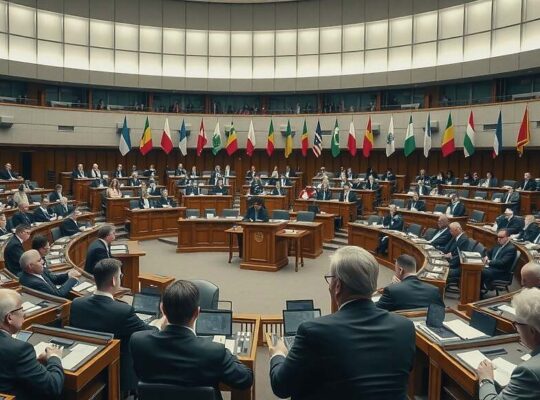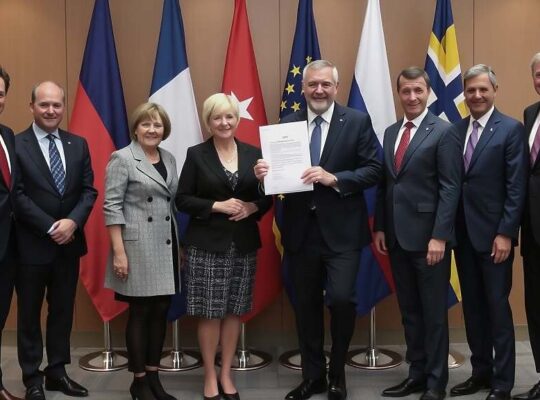Germany’s Defense Minister Boris Pistorius has championed a sweeping return to mandatory conscription-style assessments for all young men, framing it as a crucial precautionary measure for the nation’s security in a rapidly deteriorating geopolitical landscape. In an interview with “Bild am Sonntag”, Pistorius asserted the necessity of a “compulsory, nationwide assessment for men” emphasizing that the move would serve as a vital preparation should a defense emergency, currently to be avoided at all costs, become reality. Under German law, compulsory military service would automatically resume in such a scenario, making the ability to quickly ascertain the readiness of potential recruits paramount.
The announcement signals a significant policy shift and highlights the profound impact of Russia’s full-scale invasion of Ukraine in 2022, which Pistorius explicitly acknowledged as dramatically altering Germany’s security posture. He urged citizens to reflect on their individual contributions to national security, extending beyond service within the armed forces.
Critically, Pistorius pointed to the dismantling of local recruitment offices and the cessation of data collection as a “serious mistake” a deficiency he aims to rectify. He confirmed the establishment of “new, modern structures” expected to be operational by mid-2027, enabling a nationwide assessment program.
Beyond operational readiness, Pistorius emphasized the potential deterrent effect on Russia, stating that a return to systematic assessments would be “noticed in Russia”. This serves as an explicit articulation of how the policy is intended to function as a form of strategic deterrence.
A draft law currently under consideration in the Bundestag addresses the mechanics of conducting such assessments, including a proposal by the conservative Union faction to introduce a lottery system. While Pistorius’ ministry will actively participate in parliamentary debate, he maintained his commitment to voluntary military service, articulating a mechanism within the proposed law for contingencies where voluntary recruitment proves insufficient. He expressed confidence in attracting motivated young people to the armed forces, underscored by a recent meeting with representatives of the national student conference who reportedly demonstrated a willingness to defend Germany’s freedoms and prosperity.
The move is likely to reignite debate surrounding the role of conscription in modern Germany, raising anxieties about civil liberties and the potential for increased militarization. Critics are expected to scrutinize the implementation and cost-effectiveness of the plan, while proponents will highlight the renewed sense of national preparedness and the demonstrable need, given the persistent threats emanating from Russia.












